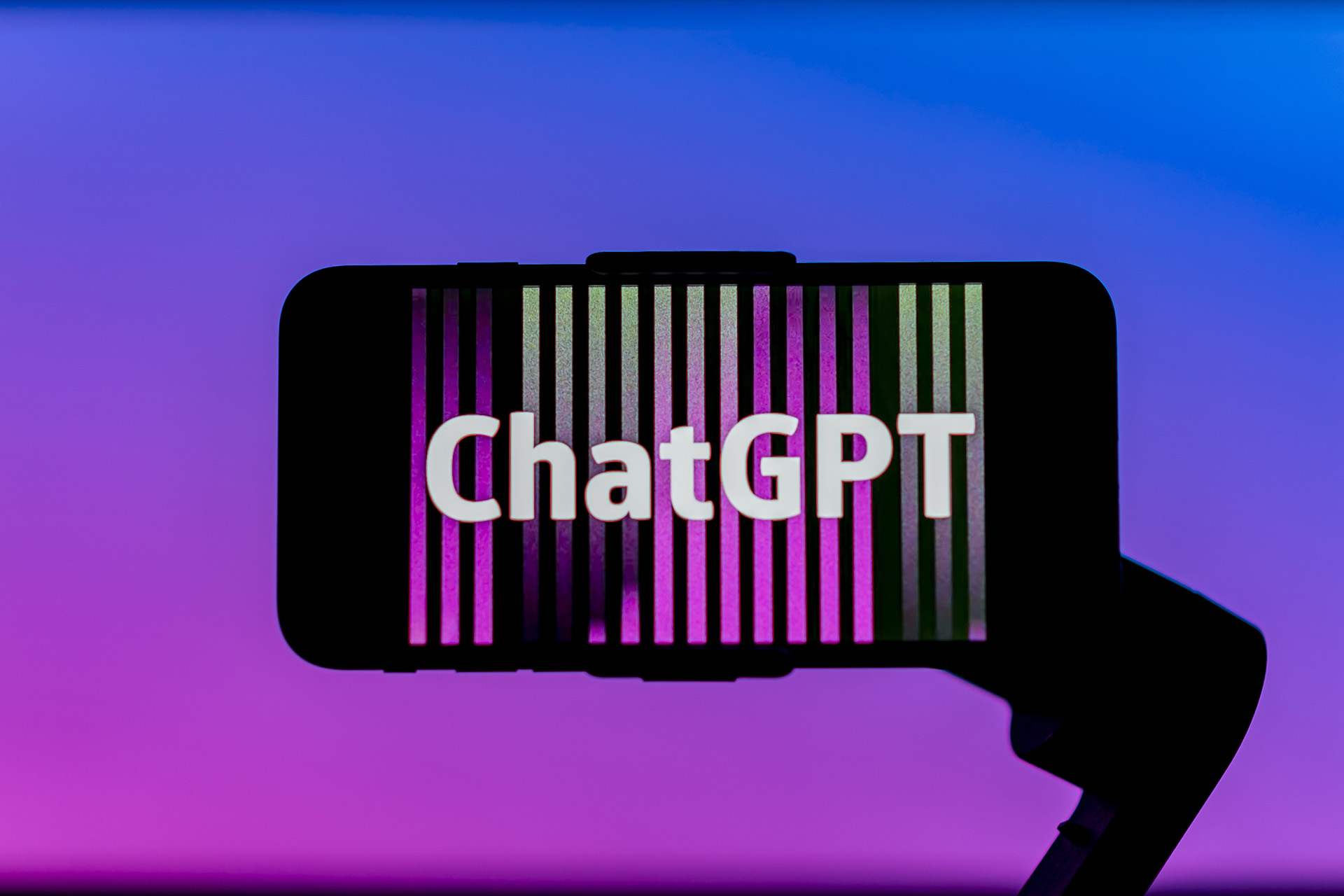EU Industry Commissioner Thierry Breton said proposed new AI rules aim to address concerns about the risks of using GPT chat and AI technology.
This is the first comment issued by a senior official in Brussels regarding the application, which was classified just two months after its launch as the fastest growing consumer application in history.
The application, owned by "Open AI" - a private company backed by Microsoft - can write articles, construction topics, jokes and even poetry, according to the user's request.
Some experts have raised concerns that the systems used by such apps could be misused for plagiarism, fraud and dissemination of misinformation, while advocates of artificial intelligence describe the app as a technological breakthrough.
Breton said the risks posed by application and AI systems underscored the urgency of the rules he proposed last year, in an effort to set the global benchmark for the technology, and which are still under discussion in Brussels.
"As GBT Chat has shown, AI solutions can provide great opportunities for businesses and citizens, but they can also pose risks. That's why we need a strong regulatory framework to ensure the reliability of AI based on high-quality data," he added in written statements to Reuters.
Microsoft declined to comment on Bretton's comment. OpenAI also did not immediately respond to a Reuters request for comment, but says on its website that it aims to produce artificial intelligence that "benefites all of humanity" while trying to build safe and useful AI. .
According to the European Union's draft rules, the "GBT Chat" application is a general-purpose artificial intelligence system that can be used for multiple purposes, some of which are high-risk, such as selecting job candidates and credit assessment.
Breton wants OpenAI to work closely with developers of high-risk AI systems to ensure they comply with the proposed AI law.
He said the European Commission was working closely with the Council of the European Union and the European Parliament to further clarify the rules contained in the AI law in relation to AI systems used for public purposes.
"Individuals will need to be informed that they are dealing with a chat application and not with a person. Transparency is also important in terms of the risk of bias and misinformation," he added.
Bretton said that discussions to be held later with lawmakers regarding the rules of artificial intelligence will cover these aspects.
And some American public schools and the Institute of Political Studies in Paris banned the use of "GBT Chat" due to fear of its use in plagiarism by students.

